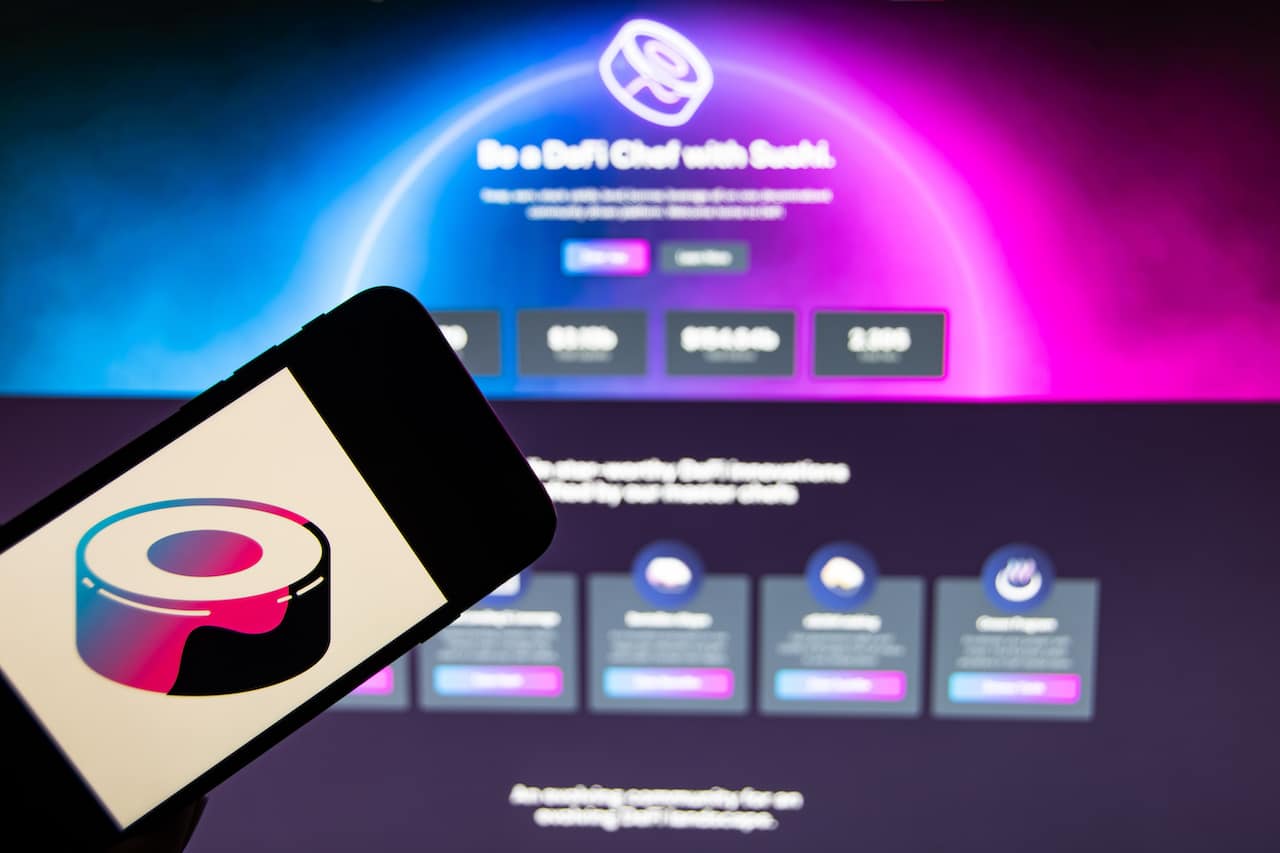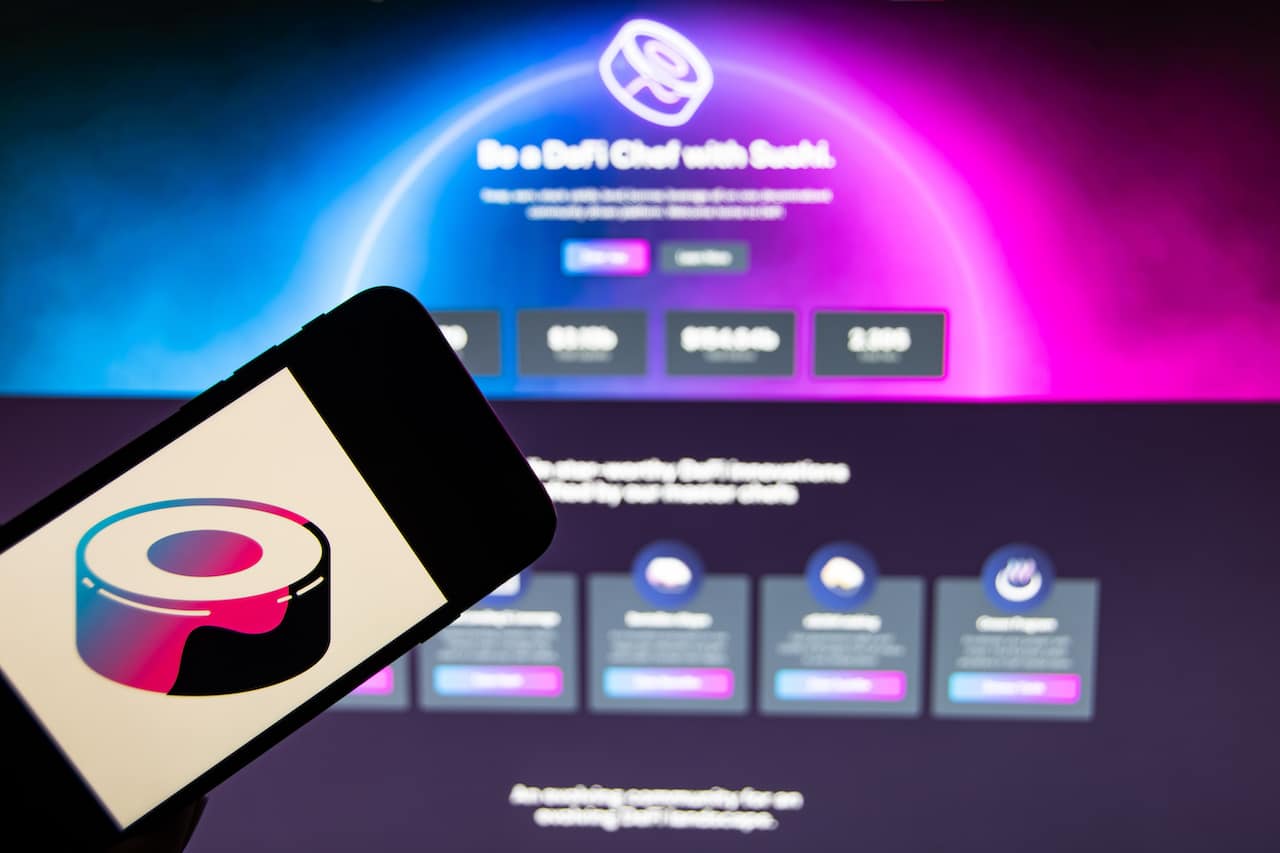Sushi Makes DeFi History with Native Bitcoin on ZetaChain


Decentralized finance (DeFi) protocol Sushi has made history by adding support for the use of native Bitcoin (BTC) on its protocol through an expansion to ZetaChain.
The move, announced by Sushi in a blog post on Thursday, will allow users to seamlessly swap BTC across 30 different networks without the need for “wrapping” the coin as an ERC-20 token, as is the practice on the Ethereum network.
🍣 Sushi is expanding to @zetablockchain, the first EVM-compatible L1 blockchain that connects everything!
🪙 Native $BTC Swap
🚀 First Testnet deployment
⭐️ v2 & v3 AMM on Mainnet
🔗 Cross-chain Swap across 30 chainsStay tuned for more updates!
Blog: https://t.co/fYAtPChbuP pic.twitter.com/yg8N6fFPVb
— Sushi.com (@SushiSwap) November 16, 2023
ZetaChain, a layer 1 blockchain and developer platform, boasts itself as the “only blockchain you’ll ever need.”
Its Omnichain Smart Contracts enable cost-effective, efficient, and secure transfers of digital assets across various blockchain networks.
The blockchain platform has in the past introduced the innovative ZRC-20 token standard, facilitating the development of native cross-chain applications that engage in transactions with various tokens, including Bitcoin and Ethereum-based ERC-20 tokens.
The collaboration between Sushi and ZetaChain aims to usher in DeFi 3.0, presenting users with a decentralized and permissionless approach to trading native BTC in the DeFi space for the first time.
The integration involves Sushi’s popular offerings, including the Sushi v2 automated market maker (AMM), v3 AMM, and SushiXSwap, the cross-chain swap solution.
Users will enjoy the ability to swap native BTC across 30 networks, tapping into previously untapped liquidity on the Bitcoin network.
‘A new chapter in DeFi’
In a comment, Jared Grey, Head Chef at Sushi, emphasized the game-changing nature of the collaboration, calling it “a new chapter in DeFi, where we see more practical use cases of interoperability and enhanced connectivity.”
Meanwhile, Lead Sushi Developer Jiro highlighted the compatibility of ZetaChain with the Ethereum Virtual Machine (EVM), streamlining the integration process.
“Using our existing Ethereum smart contracts on ZetaChain will create a lot of new use cases for Sushi. For example, with the introduction of SushiXSwap, our cross-chain swap, we’ll be able to offer Bitcoin swapping across 30 different chains,” he said.
The team plans to roll out a decentralized exchange (DEX) on the ZetaChain testnet, followed by full functionality for Bitcoin interoperability upon the mainnet’s launch.




